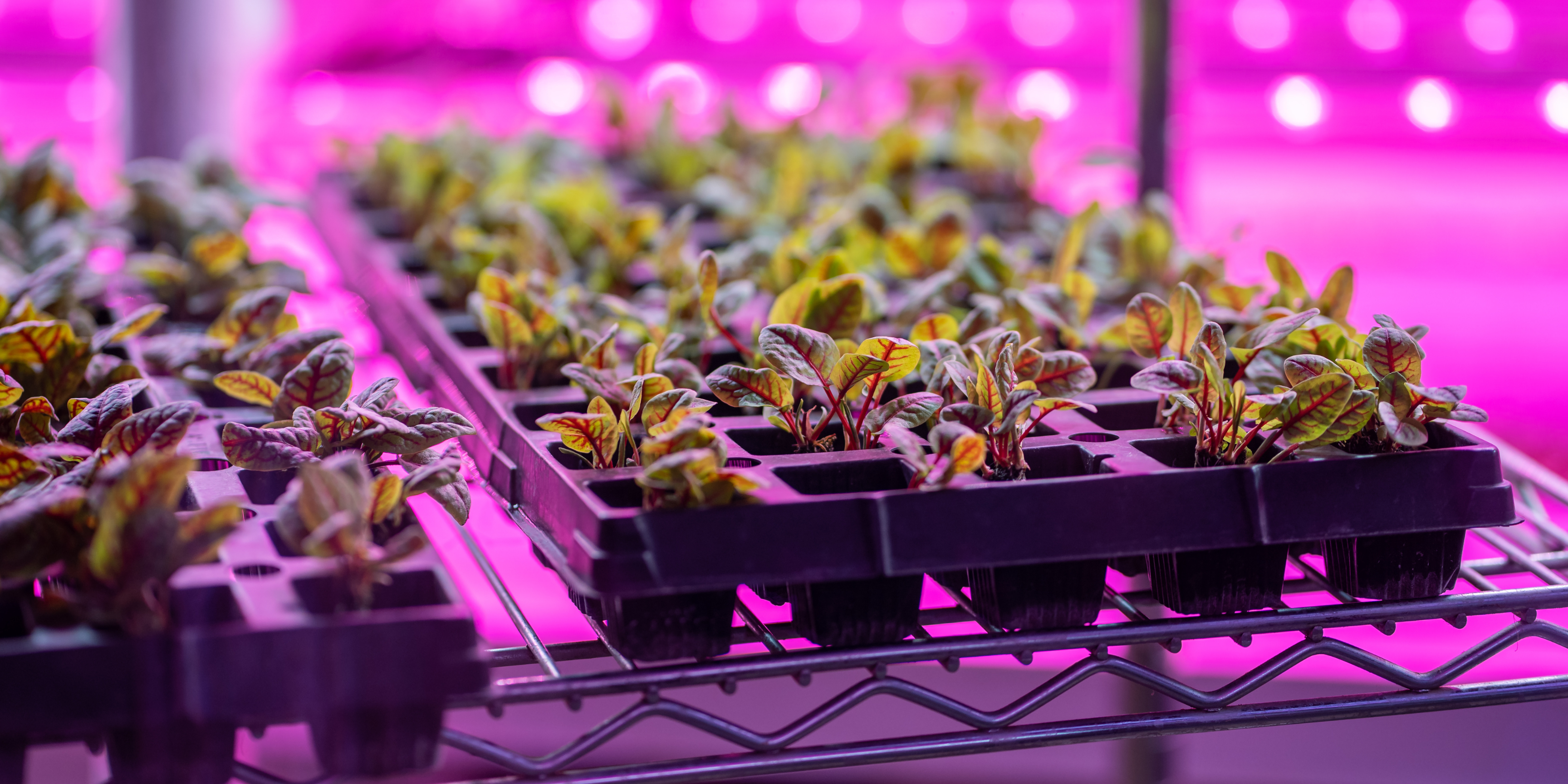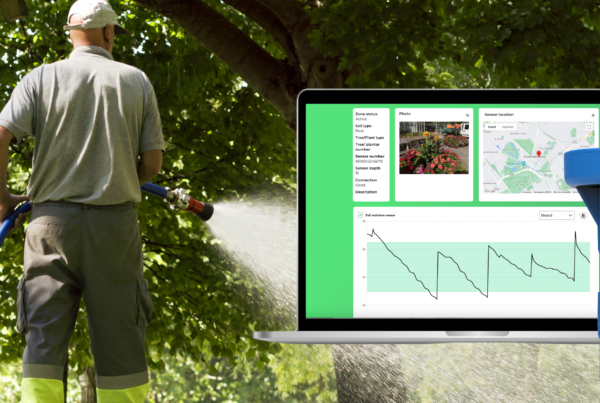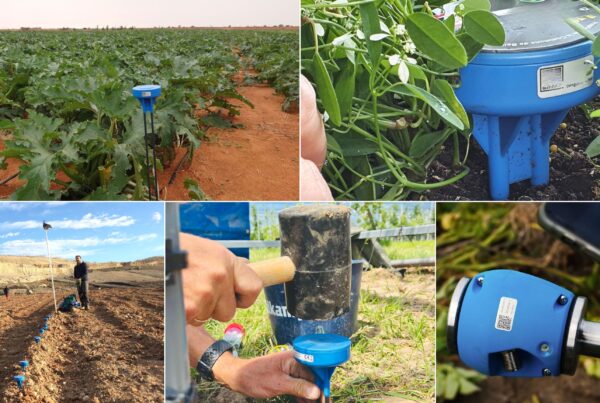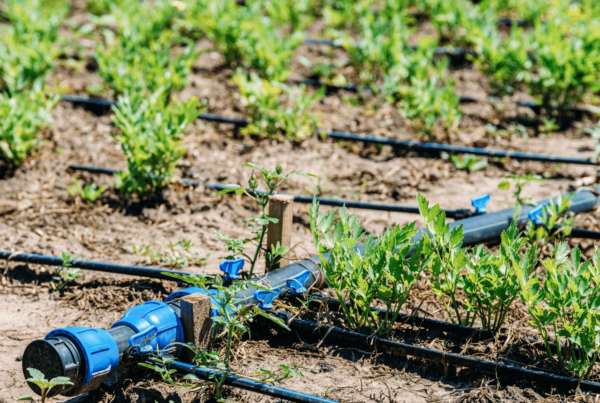Future of agtech goes beyond individual companies, resonating across farms as they increasingly embrace a multitude of technological tools. In recent years, a wave of innovation has swept through the agricultural landscape, thanks to cutting-edge technology startups. These forward-thinking disruptors have brought forth alternative and highly optimized methods for cultivation. This transformative impact goes beyond individual companies, resonating across farms as they increasingly embrace a multitude of technological tools.
At the heart of this technological revolution is a shared objective among these startups: to harness the latest technologies to empower farmers to enhance their economic models, increase yields, and reduce their environmental footprint. Given agriculture’s pivotal role in Europe, shaping rural landscapes and resource management, such a transformation is indeed commendable.
Traditional agricultural practices have shown their limitations, leading to adverse consequences such as pollution, biodiversity loss, and diminishing yields. Furthermore, the ever-growing global population has brought the issue of sustainability to the forefront. This is where technology steps in.
Recent years have witnessed a surge in innovative agricultural solutions that promise to redefine agriculture management. So, what does the future hold for agtech companies in Europe?
Europe as a Hub of Innovation
Europe has always been a dominant force in the food and agriculture industry, with countries like France, Germany, and the Netherlands ranking among the top food exporters. The continent is home to renowned knowledge institutions in food and agriculture, such as Wageningen University and Research in the Netherlands and Rothamsted Research in the UK.
Moreover, the European Commission has introduced initiatives like Horizon2020 and Horizon Europe, substantial funding programs designed to stimulate research, innovation, and technology adoption. European food-tech startups have reaped the rewards of these initiatives, doubling their investments in 2019 to €2.3 billion.
With Europe’s strong presence in the food and agriculture sector, the continent is poised to lead the charge in agtech innovations.
Key Agritech Innovations
- Smart Sensors: Smart sensors are at the forefront of agricultural innovation. These devices are deployed to monitor and control the environment, providing real-time data. Soil moisture sensors, predictive software, dashboards, and drones have replaced traditional methods like manually gauging soil moisture. A standout player in this field is Sensoterra, a Dutch leader in wireless soil moisture sensing. Sensoterra’s LoRaWAN technology, backed by wireless connectivity, enables precision in land management through intelligent soil moisture measurements.
- Virtual Reality and AI: Virtual reality and artificial intelligence (AI) are making their mark in agriculture. Farmers now use virtual reality to assess soil quality, choose appropriate crops, and maximize crop potential. AI plays a pivotal role in crop protection, determining optimal harvest times, and monitoring herd performance. In a world grappling with climate change and sustainability concerns, agriculture stands at the forefront of change, driven by AI technologies.
- Vertical Farming: Vertical farming has emerged as a game-changer, revolutionizing agriculture with its potential to grow crops in vertically stacked layers. Expected to reach nearly €2 billion by 2025, this approach caters to consumer demand for organic, pesticide-free produce. It also has the power to reduce countries’ reliance on food imports and decrease carbon emissions linked to global supply chains.
About Sensoterra
Sensoterra, a technology startup headquartered in Amsterdam, has been instrumental in transforming agriculture, landscaping, and smart cities since 2014. By employing Sensoterra’s soil moisture sensors, growers gain profound insights into their soil’s water requirements within the active root zone. This groundbreaking approach eliminates the risk of misinterpretation prevalent in traditional methods and mitigates issues tied to over- and under-irrigation. The result is a remarkable reduction in the use of fertilizers and pesticides, healthier roots, more robust plants, and an optimal yield. This not only scales up food production but also safeguards the environment for future generations.
Curious about how Sensoterra can revolutionize your crop? Dive into our case studies and send your inquiries to [email protected]. Together, we can usher in a sustainable and thriving future for agriculture






